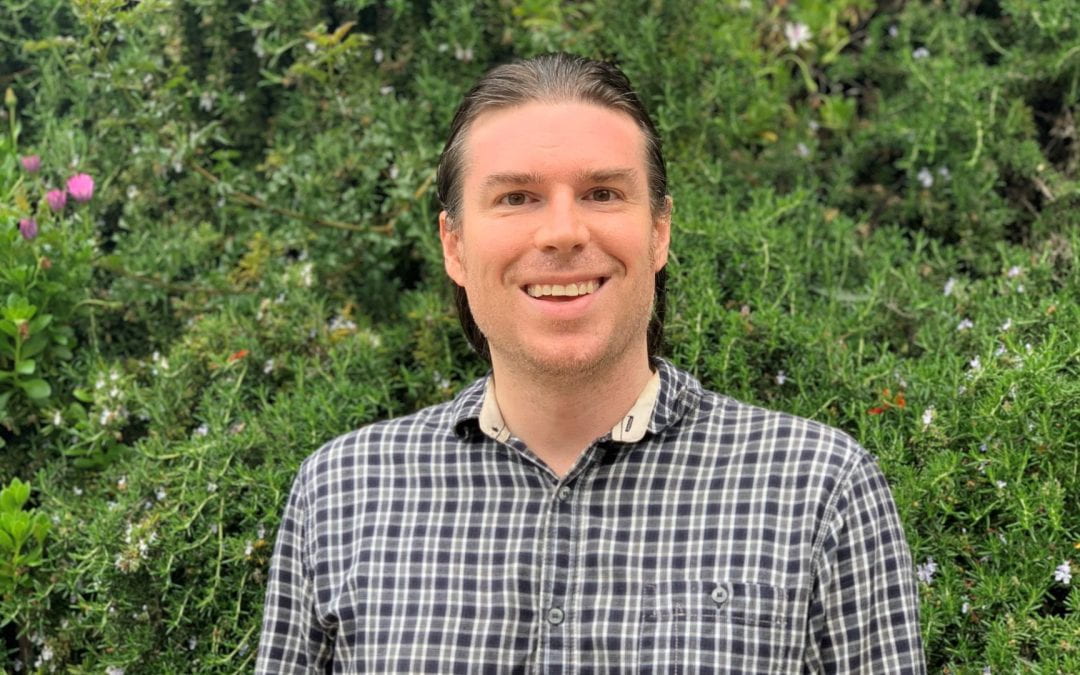In his current role as an early discovery scientist at Vividion Therapeutics (recently acquired by Bayer Pharmaceuticals) Northwestern alumnus Stefan Kathman, PhD (Chemistry ’16), draws from his interdisciplinary training as a participant in the Chemistry of Life Processes Institute’s Graduate Training Program to develop new therapies for cancer and immune disorders.
“The basic idea is to find new first-in-class compounds against well-characterized oncology or immunology targets with a new mechanism of action on a new binding site or to find an inhibitor against a certain protein that was previously considered undruggable,” says Kathman.
At Northwestern, Kathman worked in the labs of two faculty mentors in both chemistry and biology, a requirement for all trainees in CLP’s NIH-funded program. In addition to working in the chemistry lab of Alexander Statsyuk (now at the University of Houston) to find novel inhibitors of enzymes involved in protein degradation, he also performed crystallography studies Amy Rosenzweig’s lab (Molecular Biosciences and Chemistry). His research uncovered the binding mechanism of a compound for a protein target that was potentially interesting in cancer.
When Kathman joined Vividion, he learned that his colleagues were already familiar with his work from almost a decade earlier and that it had actually influenced the company’s approach to drug discovery.
“Traditionally, pharmaceutical drugs employed a lock and key-type mechanism in which a small molecule would bind to a protein and change its function,” says Kathman. “In the last 15 years, there has been an interest in covalent drugs which, rather than being a reversible lock and key interaction, are more like putting glue on the key and then sticking it into a lock so that you can’t take the key out. This approach has the potential to expand the number of different targets that you can hit.”
Vividion focuses on developing new types of compounds that can form the same kind of irreversible reaction with proteins.
Kathman believes his CLP training helped to prepare him for the breadth of responsibilities he now faces.
“My role at Vividion is pretty unique in the industry. I get to do a little bit of everything,” says Kathman. “Even though I’m not a crystallographer doing the experiments in one of my current projects, having been a part of an interdisciplinary program like CLP helps me better understand the process and know what to do with the data.”
Kathman grew up in Cincinnati, Ohio where the joy of discovery and learning how the world works first drew him to chemistry. The summer after his junior year of college, he interned at Biogen and realized how organic chemistry could be used to help people.
“Having that experience really jumpstarted my interest in a career in science,” says Kathman. “Knowing that the work you do can potentially lead to a drug that might make an impact in someone’s life is definitely very motivating.”
by Lisa La Vallee
